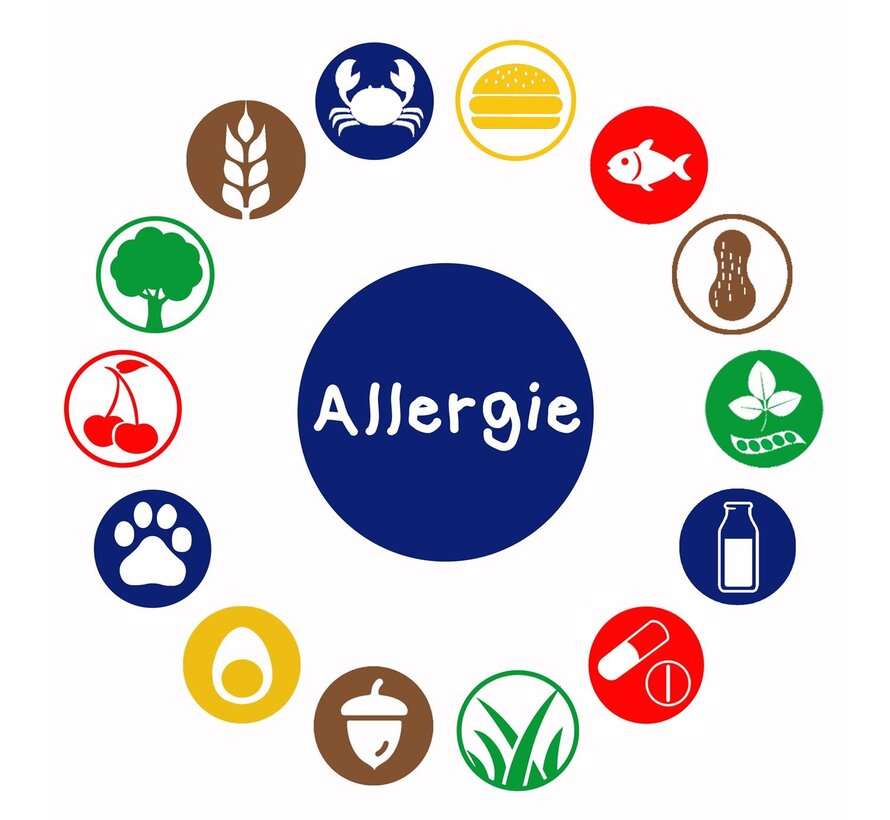Allergy test on beef
Meat allergy RAST test - Galactose-alpha-1,3-galactose (RAST o215) from serum and NAF
Meat allergy RAST blood test (Radioallergosorbent test) for antibodies to Galactose-alpha-1,3-galactose.
This test is the same test as: https://www.bloodtesting.nl/vleesallergie-door-tekenbeet.html
The meat allergy you can develop to Galactose-alpha-1,3-galactose after a tick bite is often called "alpha-gal allergy" or "alpha-gal syndrome." When someone is bitten by a tick, particularly the Lone Star tick in the United States, that person can become sensitized to alpha-gal, which can later cause an allergic reaction when they consume red meat.
Alpha-gal syndrome is an allergic condition in which people develop an allergic reaction after eating red meat (such as beef, lamb and pork) and products containing these meats. This reaction can range from mild to severe symptoms, including skin rashes, itching, abdominal pain, nausea, vomiting and in some cases even anaphylaxis, a severe allergic reaction that can be life-threatening.
The RAST blood test measures the amount of IgE antibodies in the blood specifically directed against the alpha-gal antigen derived from bovine thyreoglobulin. If levels of antibodies to alpha-gal are elevated in a person's blood, it indicates an allergy to alpha-gal, suggesting alpha-gal syndrome.
This test is important because it can help diagnose alpha-gal syndrome and determine the cause of allergic reactions after eating certain foods. If the result is elevated, the person may be advised to avoid red meat and products containing alpha-gal to prevent further allergic reactions. It is essential to discuss the results of this test with an allergist or medical professional to make an accurate diagnosis and establish an appropriate treatment and avoidance plan.






